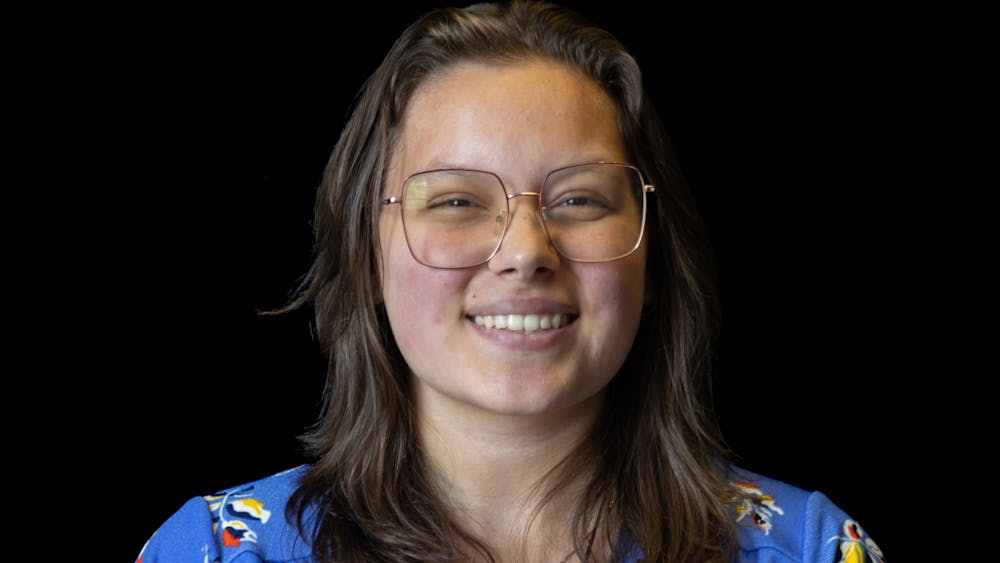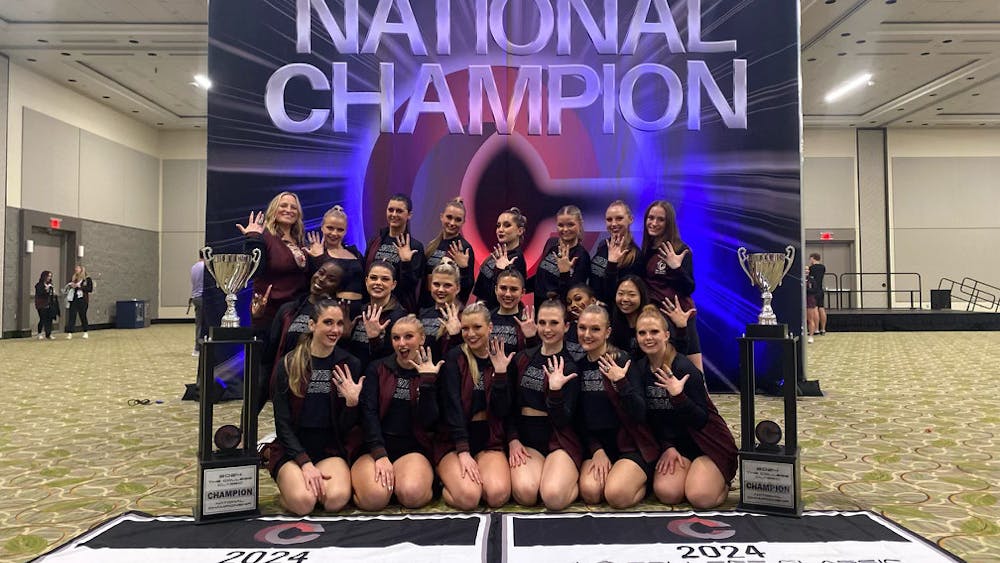Officials, donors say no to fossil fuel divestment
Despite cordial meetings, Central Michigan University officials have rejected calls from a student activist group to divest, or remove, the university's investment in fossil fuels.
Vice President of Finance and Administrative Services Barrie Wilkes said doing so would be in direct conflict with his "fiduciary obligations" to the university's donors and investment board.
"We have a responsibility to the donors that have given money to our endowment," Wilkes said. "In fact, we have a legal fiduciary responsibility to invest those funds in the manner that we believe is going to produce the highest amount of income. If we were to divest in all the companies that are engaged in fossil fuel activities, I would not be meeting my legal requirement to invest those funds. Quite frankly, our donors would have a big problem with that if we did it as well."
Earlier this semester, the activist group known as Divest CMU met with Wilkes about divestment.
The meeting symbolized a continuation of the group's work to end the world's reliance on fossil fuels by calling on universities and other entities to defund Big Oil through mass divestment plans, according to Walled Lake sophomore and Divest CMU member Mariah Urueta.
Among its stances, Urueta said if CMU divested along with other smaller universities and community colleges, it would be the first major university in Michigan to pull its stock out of oil. Such a move, she added, could have great effects on CMU's enrollment, retainment and college yield rates.
"In terms of transparency, economics and sustainability, on all of these issues, we could pave the way," Urueta said.
Last year the group created a public service announcement and did a short video news presentation with Grand Central Magazine. In addition to its outreach to students and administrators, Divest CMU started producing an underground, alternative news publication called the CMU D.O.G., or Disorientation Guide.
The first issue of the CMU D.O.G. directly addressed divestment, which coincided with Urueta's talks with Wilkes.
Initially, Urueta did not think her group would get much traction with the university, since 28 percent of the CMU's stock portfolio is invested in fossil fuels, according to figures published in CMU D.O.G.
Wilkes could not verify those figures or provide an exact dollar amount for monies invested in fossil fuels.
The nature of the topic was also a factor Urueta considered when thinking about what might make officials scoff at the idea – the content of the D.O.G. itself aided that notion, as it associated CMU's investments with "environmental genocide," as well as containing a parodied effigy of University President George Ross being showered by oil profits.
Ross refused to comment on divestment or the student publication, according to Steve Smith, CMU director of public relations.
She and her group are used to playing tough on the issue because of its gravity, but Urueta was surprised to know she didn't have to with CMU.
"We were expecting, mostly because we were prepared and ready to get down to business, that there was going to be a lot more resistance on their end to hear our argument," she said. "They were actually really cool and nice and we may have been too aggressive for how nice they were being."
Wilkes said the main reason he entertained the request and brought it back to the donors was because of how impressed he was by the amount of research the students put into their presentations, despite disagreeing with them on the fundamental financial constraints.
"They want to make a statement and they want CMU to be seen as a leader," Wilkes said. "I think that's a great goal."
Despite being moved by the students, Wilkes added in the key facts surrounding the issue: His obligations to invest in high-yield, low-risk sectors and the reasoning behind divesting on this particular social issue prevented him from saying yes.
"We thought, 'What do we do when the next group comes along that wants us to divest in firearms, tobacco or liquor, any number of things?'" Wilkes said. "It puts us in the position of picking and choosing different social concerns. The number of schools actually doing divestment is fairly small. Harvard, for example, just recently said no to divestment, as well."
Although Divest CMU lost this battle with divestment, the group is still doing all it can to spread awareness, including drafting legislation in both houses of the Student Government Association -- SGA President Marie Reimers is a member of Divest CMU.
The group is also presenting its argument at the next regularly scheduled Board of Trustees meeting.
Hypothetically speaking, Urueta said if the school did divest tomorrow, despite unforeseen financial cuts to student programs or scholarships, it would have been worth it in the long run.
"Quite frankly, our purpose here is education and we're working toward brightening our future," she said. "To attend an institution that is investing in cataclysmic damages to that future by committing environmental genocide to indigenous populations in other countries, I'd personally sacrifice a Big Sean concert or other programs that are going on for that"




